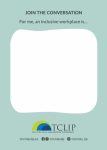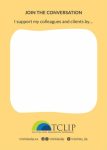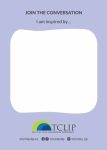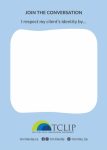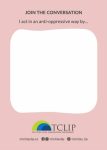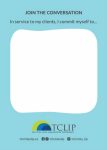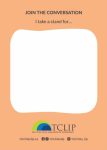Priorities & Projects
To obtain an account please contact IT at: Tricitieslip@success.bc.ca
Anti-Oppression Capacity Building Project
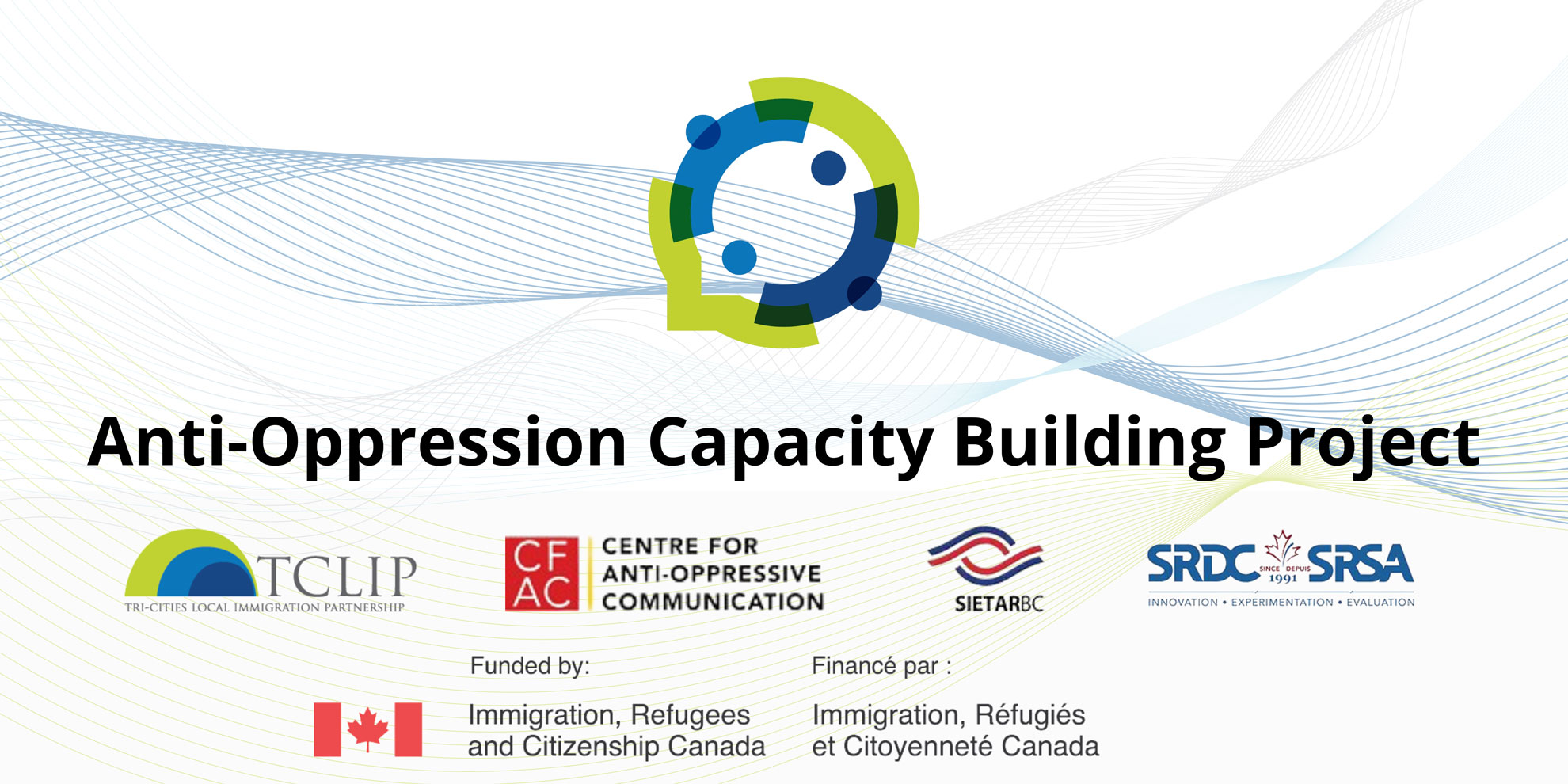
About the Project
The Anti-Oppression Capacity Building Project is a research initiative that investigates the improvement of the services offered to immigrants and newcomers in the settlement sector when services are offered through an anti-oppressive lens. It aims to assess the existing level of understanding of oppression in the settlement sector and build capacity by offering training and coaching on anti-oppressive practice to see how it affects the quality of the services offered.
Developing an anti-oppressive lens in our practices is becoming more of a necessity every day. More and more people are on a quest to raise their awareness and understanding of how privilege and power manifest in society. While the concept of anti-oppression is prevalent in social education, research, policy, and frontline practice, it is relatively new in the settlement sector (DeCoito & Williams, 2000).
 The Training
The Training
On this project, the Tri-Cities Local Immigration Partnership is offering the Anti-Oppression Capacity Building Training to strengthen service providers’ awareness, knowledge, and skills to apply anti-oppressive approaches to service delivery in the settlement sector. Sessions are open to service providers across all organizational levels in Metro Vancouver and BC.
Participants will commit to attending three workshops and two group coaching sessions and have the opportunity to participate in individual coaching sessions with the Centre for Anti-Oppressive Communication. The commitment within the cohort will be for approximately three months. Participants will receive a certificate of attendance upon attending all workshops.
The Research
The Anti-Oppression Capacity Building Project also involves a research component that will be carried out by Social Research & Demo Corporation (SRDC). The project aims to assess the achievement of the following:
- Settlement Organizations have an increased awareness of oppression manifested in settlement and integration policies and practices.
- Settlement Organizations have an increased awareness of oppression manifested in settlement and integration policies and practices. Newcomers’ level of satisfaction and their settlement outcomes are benefited from an anti-oppression approach to service delivery.
- Partners deliver responsive and coordinated settlement and community services.
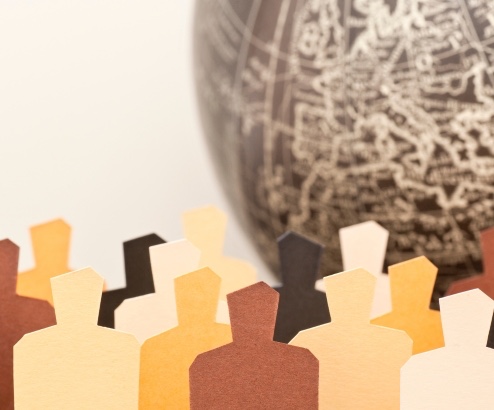
Developing an anti-oppressive lens in our practices is becoming more of a necessity every day. More and more people are on a quest to raise their awareness and understanding of how privilege and power manifest in society. While the concept of anti-oppression is prevalent in social education, research, policy, and frontline practice, it is relatively new in the settlement sector (DeCoito & Williams, 2000).
This project is funded by the Ministry of Immigration, Refugees, and Citizenship Canada (IRCC), and is a partnership between TCLIP, the Centre for Anti-Oppressive Communication, the Social Research & Demonstration Corporation (SRDC), and the Society for Intercultural Education, Training and Research (SIETAR).
Tools and Resources
Trauma-Informed Practices In Your Role
Anti-Oppression In Program Design
Approches tenant compte des traumatismes dans votre rôle
Anti-oppression dans la conception du programme
Join the Conversation
About anti-oppression:
Anti-oppression is a lens through which to look at the world. It’s a way to analyze how certain newcomers’ identities are disrespected, discriminated against, marginalized, targeted, and oppressed. There are many identities that people are marginalized along: it could be race, gender, gender identity, class, citizenship status, religion, etc. Anti-oppression looks at how resources get denied to certain communities based on what is considered a dominant or desirable identity.
Anti-oppression also studies how oppression happens to different newcomer communities, and the history of why certain groups have been marginalized, oppressed, and targeted by formal systems and programs. It also tries to understand, through the use of different stories, the ways people have been thinking about those different groups; and why entire communities are denied resources based on their membership in certain identity groups.
About the tool:
This tool was inspired by the Canadian Museum for Human Rights. It is an invitation for you to reflect on and to apply actions that can support your anti-oppression journey while bringing others with you to Join the Conversation.
Join the Conversation tool invites people to share what they stand by, get inspired by, and believe in. These amplified voices can be taken to the broader community and can encourage the practice of allyship.
“Allyship is not an identity—it is a lifelong process of building relationships based on trust, consistency, and accountability with marginalized individuals and/or groups of people”. People who show allyship to immigrants and refugees stand by them to help change the systems that discriminate and oppress newcomers.
Who is this tool for:
This tool was originally designed for the settlement sector as part of the Anti-Oppression Capacity Building Project. It can be adapted and used to engage teams, leaders, clients, families and others about anti-oppression, in group or one-to-one settings.
How to use it:
Engage the people around you by sharing the prompts on the back of the cards and encouraging them to come up with their own answers to each of the questions.
You can invite the group to discuss answers and share their own perspectives. You are welcome to add questions and prompts that are relevant to the circumstances and professional/lived experiences of the group you are with.
Join the conversation!
Registration
Resources
- Starting a dialogue, please see the Caring Spaces Guide to support you in fostering compassion and understanding.
- Resilience BC: Anti-Racism Network
- The Canadian Council for Refugees
- Refugee Research Network
- Government of BC
- Centre for Research on Inner City Health, Toronto
- Decolonization and Anti-Racism UBC
- Resources on Equity
- National Museum of African American History
- Language Guide: BCCDC COVID-19 Language Guide, BC Public Service – Words Matter, UBC – Inclusive Language Resources
Calendar
The registration is now open for the fourth cohort for the Anti-Oppression Capacity Building Training starting in August 2023.
- Orientation session
August 24, 10 – 11 am PST - Training 1
September 7, 10-11:30am PST - Training 2
October 5, 10-11:30am PST - Training 3
October 19, 10-11:30am PST - Consolidation 1
September 21, 10-11:00am PST - Consolidation 2
November 2, 10-11:00am PST
Workshops and consolidation sessions will take place virtually.
Contact Us For More Information:
Bita Rezaei
Project Coordinator
Tri-Cities Local Immigration Partnership
T 604-468-6020 F 604-464-6830
E bita.rezaei@success.bc.ca
Testimonials

“Duis sit amet nibh sed ex mollis bibendum ut at ante. Phasellus augue metus, bibendum et eros et, malesuada finibus sem. Nulla tempus volutpat tortor, sit amet facilisis sem placerat viverra. Duis accumsan metus sit amet urna mattis fermentum. Fusce vel vestibulum massa, in bibendum nulla.”
John Amir

“Nunc ut felis ac enim aliquet vulputate et in libero. Nunc non nunc eget orci tempor efficitur sit amet pretium massa. Duis non neque ut elit auctor aliquet. Ut in consequat nisi. Suspendisse sed orci quis mi iaculis molestie a ac tortor.”
Amy Wo

“Curabitur porttitor pellentesque lectus, ut scelerisque ante euismod non. Proin fringilla arcu nisl, quis aliquet odio maximus ac. Donec dictum, lorem ac porta fringilla, ex eros bibendum ex, non vulputate est justo dictum odio. Nulla scelerisque massa ac convallis sodales.“
Anna Kovalenko
Project Partners



